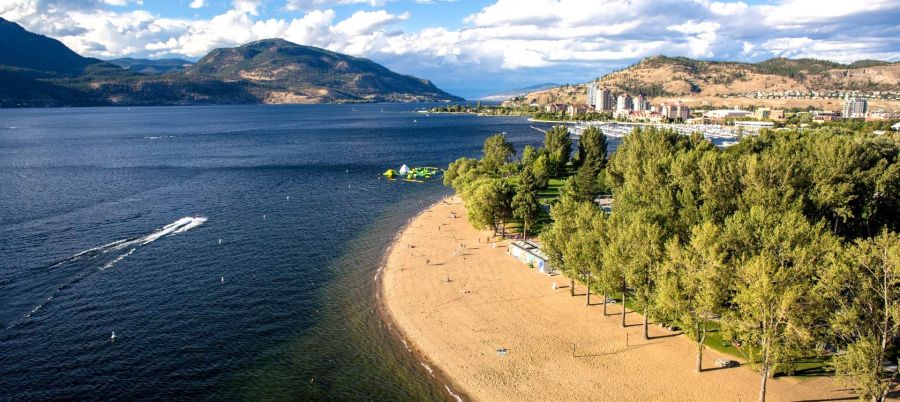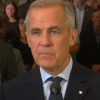Definitely, with their elbows up, some Canadians have changed, cancelled or postponed their US travel plans.
In fact, 26% have.
But, on the flip side of that coin is the 74% of Canadians who have proceeded undeterred with their travel plans to the US.
It could be a trip that was booked before Trump's tariffs and 51st state trash talk or a foray that's nevertheless been planned after the trade war and bilateral friction.
Clearly, this shows that while there's lots of tough talk about boycotting American -- everything from their goods and services to Amazon and holiday destinations -- the majority of Canadians are pretty much carrying on as usual.

This data comes out of a June poll by Angus Reid that was commissioned by Moneris -- the Canadian company that provides all the hardware and software for businesses and stores to process debit and credit card payments.
Moneris wanted to find out if Canadians were holidaying domestically, instead of going to the US, and how that translated to increased inter-provincial spending.
For instance, from January through June this year, spending amongst visitors to BC from other provinces was up 3% compared to the same period last year.

In Kelowna, for example, which is known as a summer destination particularly for other British Columbians and Albertans, this summer was considered pretty moderate for tourism.
But that's attributed to the overall so-so economy.
Crowds still continued to come Kelowna to holiday, but may have been more careful in their spending -- staying at a more affordable hotel or camping, eating out at restaurants less, skipping a paid activity like renting a boat or parasailing or not shopping as much.
This so-called fall shoulder season is shaping up to be gangbusters in Kelowna, though, with Country Music Week and the Canadian Country Music Awards currently in town generating 2,000 hotel room nights and $11 million in overall economic impact.
In shoulder-season March 2026 in Kelowna, the Brier Canadian mens' curling championships will infuse more visitor spending and hotel nights.
The inter-provincial spending statistics for other jurisdictions ranged from a 10% hike in the Territories, 9% in Alberta, 6% in Saskatchewan and 5% in Ontario and Atlantic Canada, 4% in Manitoba and 3% in Quebec.
.png)
"Where it really matters is if you travel, in say, Banff or Halifax, versus Florida or Arizona," said BMO chief economist Douglas Porter on the Moneris 'Just Good Business' podcast.
"That can be a difference of thousands of dollars. And that's where Canadians can make a really big difference."
Of the 26% of Canadians who have shunned travel to the US, 44% have travelled within their own province for vacation, 30% have tripped to another province or territory, 20% jetted off to Europe and 13% checked out Mexico, the Caribbean or South America.
"Canadians are clearly rethinking how and where they travel," said Sean McCormick, Moneris' director of business development.
"With roughly a quarter of Canadians changing their US travel plans, we're seeing a strong pivot toward domestic destinations. Whether it's exploring new provinces or staying closer to home, this shift is creating real momentum for local tourism and local businesses. It's a sign that Canadians are rediscovering their own huge, diverse backyard and investing in it as well by supporting businesses across the country."










.png)








